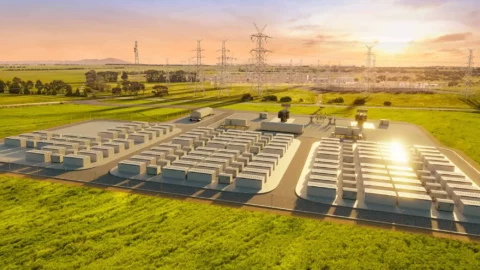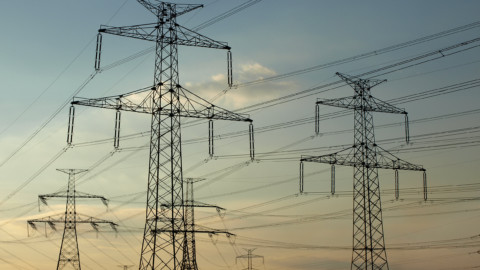Local businesses, innovators, councils and government agencies will come together to form three new regional hydrogen technology clusters in Western Australia and Queensland.
The new clusters will operate under the Hydrogen Technology Cluster Australia (H2TCA) program, an initiative of independent National Energy Resources Australia (NERA), which is funded by the Australian Government’s Industry Growth Centre initiative.
The hydrogen clusters, in Townsville in Queensland and in the Gascoyne and Midwest regions of Western Australia, aim to bring together local players to build the regions’ skills and advance commercialisation opportunities.
Federal Minister for Industry, Energy and Emissions Reduction, Angus Taylor, said the Federal Government’s ambition is to produce affordable clean hydrogen for use in Australia and for exports to trading partners.
“These new clusters are great for the people of Townsville, Gascoyne and the Midwest regions as they will help accelerate hydrogen industry development by enabling vital connection, collaboration, and alignment of action across Australia,” Mr Taylor said.
“Encouraging innovation and building capabilities, particularly in regional Australia, will help make Australian hydrogen supply chains the most attractive in the world.”
Member for Durack, Melissa Price, said the presence of two hydrogen clusters in the heart of her electorate presented significant opportunities for investment and jobs.
“People in the Gascoyne and Midwest regions of Western Australia will now have important roles to play in our government’s push to fast-track the development of a clean hydrogen industry,” Ms Price said.
“I know my constituents in regional Western Australia will embrace the opportunity to be at the forefront of this important industry for Australia.”
Member for Herbert, Phil Thompson, said he’d been working closely with the NQH2 consortium in Townville to reach this milestone.
“We’ve already got hydrogen projects on the go, but this step really puts us on the national map as a region that is prioritising the industry and will help unlock opportunities for even more major investment into the future,” Mr Thompson said.
Clean hydrogen could directly support 16,000 jobs by 2050, plus an additional 13,000 jobs from the construction of related renewable energy infrastructure.
Australian hydrogen production for export and domestic use could also generate more than $50 billion in additional GDP by 2050.
The three new clusters will join an existing network of 15 regional hydrogen technology clusters across Australia to aid the development of the hydrogen supply chain.
















